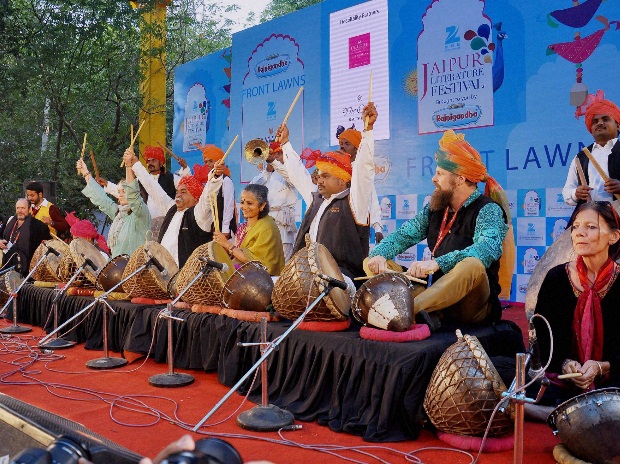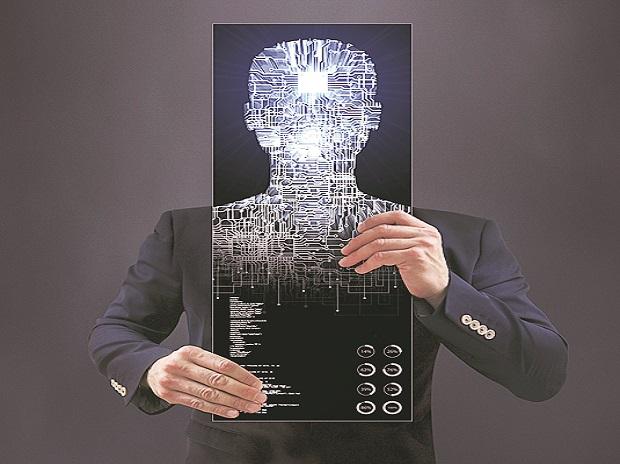Finance will need people who can work with robots as AI takes a 3rd of jobs

Today, it’s not just humans competing for work in banking. Machines are becoming a threat to warm-blooded number crunchers worldwide. Indeed, almost one-third of financial-services jobs could be displaced by automation by the mid-2030s, according to a report by PricewaterhouseCoopers LLP last year. Despite those stark forecasts, some optimists argue that the rise of machines at banks isn’t simply taking away jobs, but rather changing their definition and adding some roles. Job seekers with expertise in artificial intelligence, machine learning, and data science are among the most in-demand candidates in finance, according to hiring sites Glassdoor, LinkedIn, Hired, and ZipRecruiter. It’s not only disrupters such as Square Inc or Stripe Inc hiring this talent; legacy financial companies such as JPMorgan Chase, Capital One, and Morgan Stanley are scooping these people up as well. In the US financial sector alone, job postings that list these big data skills as requirements incr...


